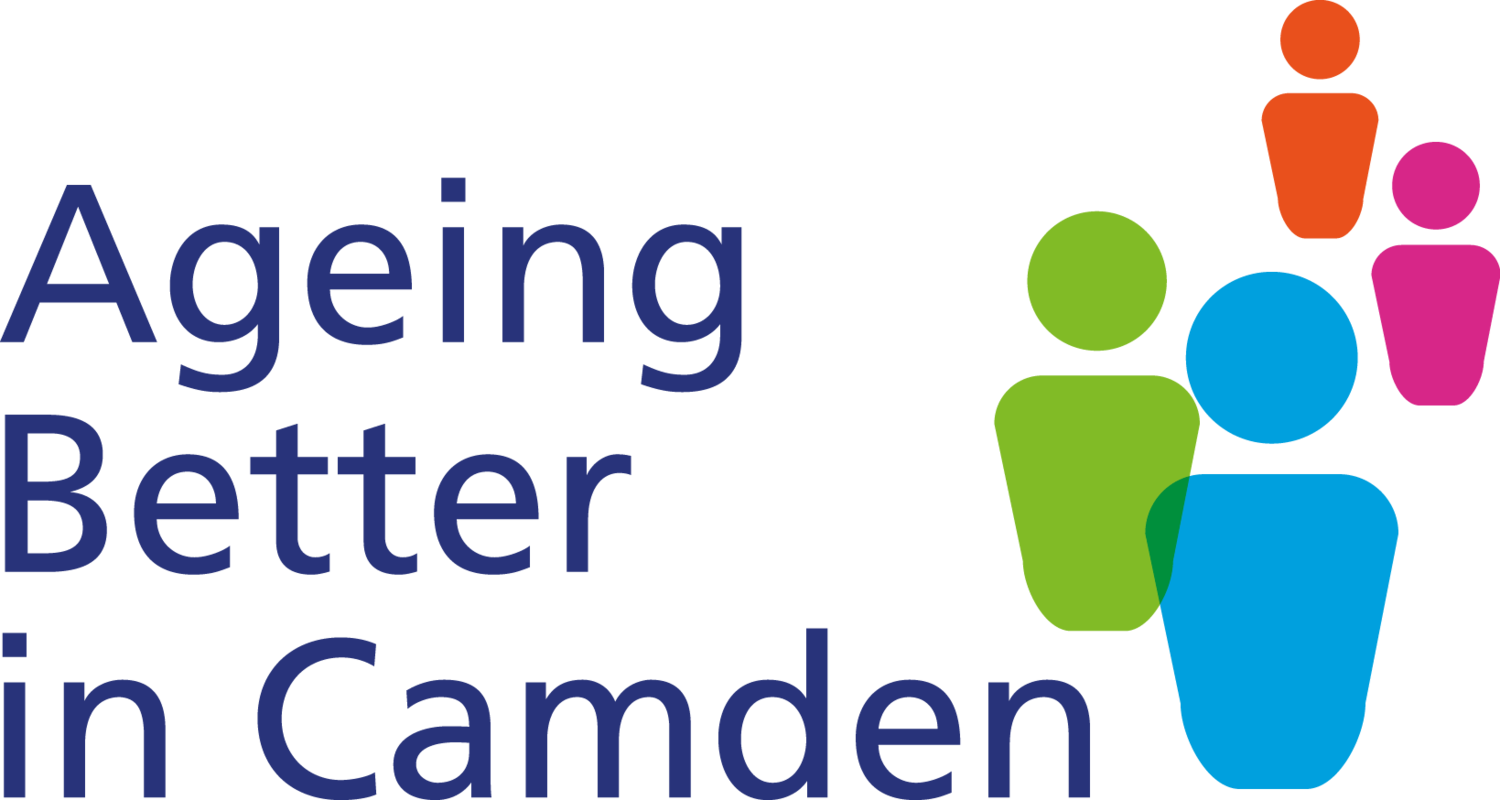by Tony Bloor from the Third Age Project
85% of our service users live alone with over 60% not connected to the internet. During lockdown a majority were required to self-isolate due to being in high risk categories and thus became acutely isolated from family, friends and the activities that they ordinarily would have taken part in each week at TAP.
This initiative had the aim of getting them online and therefore better connected to all the new learning and social activities we began to provide online and, of course, to their family and friends they had met at TAP who were already online.
We planned to…
Launch a free loan scheme of tablets (with both 4G and wi fi capabilities) purchased and or donated by sponsors to enable service users to Get Online.
Recruit younger residents as new volunteers knowledgeable about IT and digital platforms that could set up and manage the initiative.
Produce a weekly online interactive newsletter sent out to every user with an email address to provide up to date accurate information and stories about lockdown written by users themselves that could be read on any digital device.
Our initial expectations…
Understandably, many users especially during the initial “spike” in late March and April 2020, where there were many local “hot spots”, were more concerned about meeting immediate survival needs and in shielding those having to self-isolate rather than prioritise learning new IT skills.
Our expectations were quite low as many of the service users we consulted who weren’t online stated and felt strongly “It was not for me!” and could not see the point of going online as being “of any relevance in my life”.
However, service user attitude changed dramatically early-on in lockdown. A TAP survey carried out in April found that a significant majority were interested in finding out more and receiving support to go online.
Initially, we also had no expectations of receiving any support from service users’ children and families.
Key Learning points
Patience and stamina are needed. A lot of ongoing immediate troubleshooting help is necessary (i.e. 5 minutes before the start of the aerobics class).
The initiative has required a substantial amount of ongoing individual support in troubleshooting problems
Understand that what older people see on their device can be different dependent upon the type of browser and age of the device.
Target a few well known sceptics and get them on board (with perhaps a few incentives) and then let them tell their friends!
Link digital outcomes more directly to enrolment on community learning online courses using incentives if needed - i.e. if they want to join their favourite Tai Chi class but the only way to do so is going online.
It takes time (and money) to build momentum
Older people still have the capacity to learn new skills, they just learn differently and draw on life experiences.
We also received substantial assistance from service user families some of whom purchased or temporarily loaned a tablet for the period of the lockdown to get their ageing parent or grandparent better connected. This enable many more users to be online. We trouble-shooted any problems on the doorstep as part of the deal.
There still remains however a hard core of sceptical users that need to be convinced even though some of them are clearly experiencing acute loneliness through a lack of any form of social contact.
It was important that we continued to meet the needs of this group through a monthly printed newsletter and telephone social groups. We currently have 81 users registered for our Offline courses and activities e.g. crafts, knitting, drama that involve 11 different WhatApp groups in 5 different home languages.
What will you do differently next time?
We hope to use the lessons learnt in phase two of the Get Online initiative that will be much better resourced (its expensive!)
Some donated tablets were so old they were not of any practicable use to the project
Case studies
We provided support to a bingo addict, a 95 year old woman, to go online for the first time and gave her a tablet, email address and some going support.
Another member whose daughter lived in America found she could both see her and talk to her over the internet and exchange and share photos using one of our donated tablets and for free!
The online weekly newsletter that contained lots of local gossip and lockdown stories was another incentive for some to join the scheme! We now have 79 users enrolled in a weekly course.
We also ran a successful Online Shopping course loaning computers to those without that took service users through the dangers and pitfalls of shopping on the internet, do’s and don’ts. Participants quickly shared their new found knowledge and skills learnt to others.
Click here to find out more about the Third Age Project

